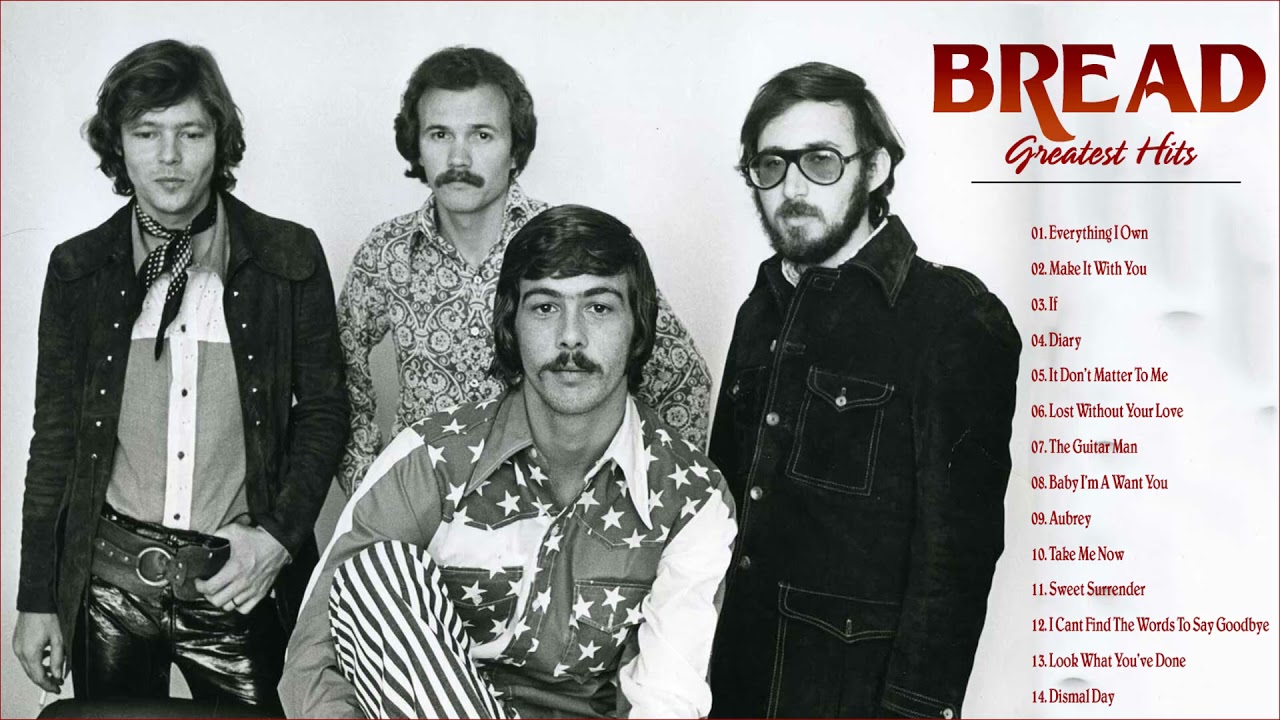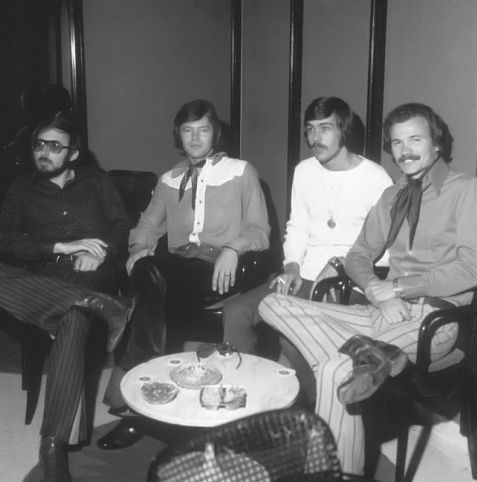
The Yearning for Freedom in Love’s Embrace
When Bread released “Let Your Love Go” in 1971, it marked a distinctive shift in their musical journey. Known for their soft rock ballads that often tugged at the heartstrings, this song introduced a more upbeat tempo and a rock-infused edge that stood out in their discography. From the moment the first notes hit the airwaves, there was an undeniable energy that encapsulated the era’s desire for emotional liberation and personal freedom.
Upon its release, “Let Your Love Go” quickly made its way up the charts, reaching a respectable position on the Billboard Hot 100. This was a time when music was beginning to explore more complex themes and diverse sounds, and Bread, with their unique blend of introspective lyrics and melodic harmonies, were at the forefront of this evolution. The song’s chart performance was a testament to its resonance with listeners who were eager to embrace love not as a fleeting sentiment but as an empowering force.
The story behind “Let Your Love Go” is one of transformation and exploration. Written by David Gates, the band’s lead vocalist and primary songwriter, the track reflects a period of artistic growth. Gates was known for his ability to craft songs that spoke directly to the heart, capturing both the euphoria and melancholy of love. In this composition, he ventured into territory that balanced Bread’s signature sound with a more assertive musical approach.
The lyrics themselves are an ode to embracing love in its truest form—unrestrained and liberating. There’s an inherent message encouraging listeners to let go of inhibitions and allow love to take its natural course. In an era marked by social change and a redefinition of personal relationships, this song became an anthem for those seeking authenticity in their emotional connections.
For many listeners, especially those who experienced it during its original release, “Let Your Love Go” evokes a strong sense of nostalgia. It serves as a reminder of youthful days spent navigating the complexities of love and life. The song’s energetic rhythm juxtaposed with its heartfelt lyrics creates a vivid tapestry of memories, calling back to moments when love felt both exhilarating and daunting.
The instrumentation in “Let Your Love Go” also deserves attention. The guitar work is particularly notable for its crispness and vitality, providing a lively backdrop that complements Gates’ emotive vocal delivery. This combination of dynamic instrumentals and poignant lyrics is what gives the song its enduring appeal.
As we reflect on Bread’s contribution to music through songs like “Let Your Love Go,” it’s clear why they remain beloved by fans across generations. Their ability to capture universal emotions with such clarity and sincerity is what makes their music timeless. For older listeners revisiting this track, there’s a comforting familiarity in Gates’ voice—a reminder of days gone by when love was perhaps simpler yet infinitely profound.
In conclusion, “Let Your Love Go” is more than just a song; it is a piece of musical history that continues to resonate with audiences today. Its message of freeing oneself through love is as relevant now as it was over fifty years ago. Whether you’re hearing it for the first time or revisiting it after many years, there’s no denying the powerful emotions it evokes—emotions that remind us all of the power and beauty inherent in letting love truly go where it may.
